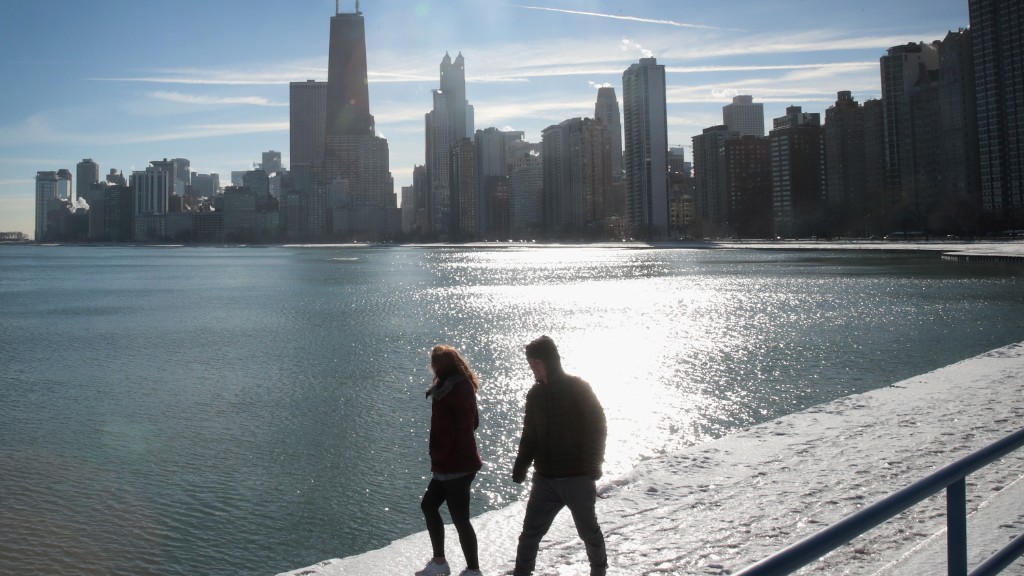
The governor of Illinois has vetoed a bill that would have raised the state's minimum wage to $15 an hour by 2022.
Bruce Rauner, a Republican, said in a veto message sent to the legislature that he considers the hike too severe.
"Mainstream economic theory and mainstream economic evidence strongly suggest that an increase in the minimum wage of this magnitude will hurt the very individuals it seeks to help," Rauner said.
The decision has incensed members of the Fight for $15 movement, which have started to share messages on social media labeled #VetoRauner. He's up for reelection in 2018.
"The millions of underpaid workers in this state will remember Rauner taking food off our families' tables when we go to the polls in 2018," McDonald's worker Adriana Alvarez said in a statement on behalf of the group's Chicago chapter.
In his veto message, Rauner cites a University of Washington study on Seattle's minimum wage that made waves in June.
The study found that low-wage workers in Seattle saw their hours drop by 9% when wages went up to $13 in 2016. It also said workers ultimately made $125 less each month on average.
"The most thorough research to date, published earlier this year by researchers at the University of Washington, found that for every 10 percent increase in the hourly earnings of low-wage workers, there was a 30 percent reduction in employers providing those jobs," Rauner said.
Related: New study casts doubt on the benefit of Seattle's $15 minimum wage
The report has been controversial, in large part because it undercut takeaways from a University of California, Berkeley paper released around the same time.
That study found that wages in Seattle's food services sector have increased and employment hasn't been affected since the minimum wage ordinance went into effect in 2015.
The minimum wage in Illinois currently stands at $8.25 an hour. It's higher in Chicago, where the minimum wage is currently $11 an hour and is set to rise to $13 an hour in 2019.
It's been 10 years since Congress raised the minimum wage, which has spurred many states and cities to take action themselves in recent years.
But Republicans lawmakers and officials have tried to stop many of the hikes when possible.
On Monday, a Missouri law that lowers St. Louis' minimum wage from $10 to $7.70 goes into effect.
